Lisa Feldman Barrett
Deriving time-averaged active inference from control principles
Aug 22, 2022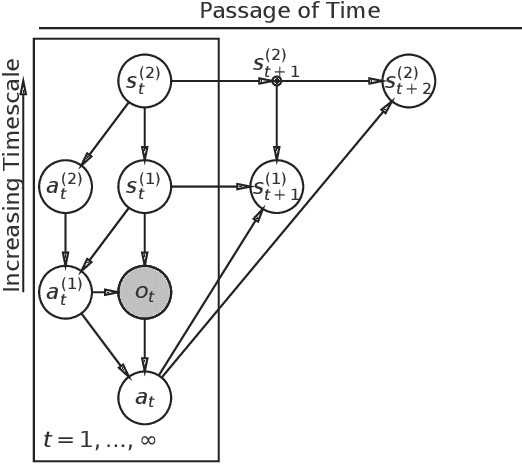
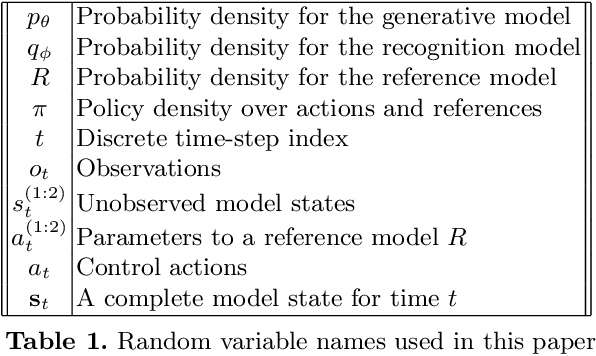
Abstract:Active inference offers a principled account of behavior as minimizing average sensory surprise over time. Applications of active inference to control problems have heretofore tended to focus on finite-horizon or discounted-surprise problems, despite deriving from the infinite-horizon, average-surprise imperative of the free-energy principle. Here we derive an infinite-horizon, average-surprise formulation of active inference from optimal control principles. Our formulation returns to the roots of active inference in neuroanatomy and neurophysiology, formally reconnecting active inference to optimal feedback control. Our formulation provides a unified objective functional for sensorimotor control and allows for reference states to vary over time.
Variation is the Norm: Brain State Dynamics Evoked By Emotional Video Clips
Oct 24, 2021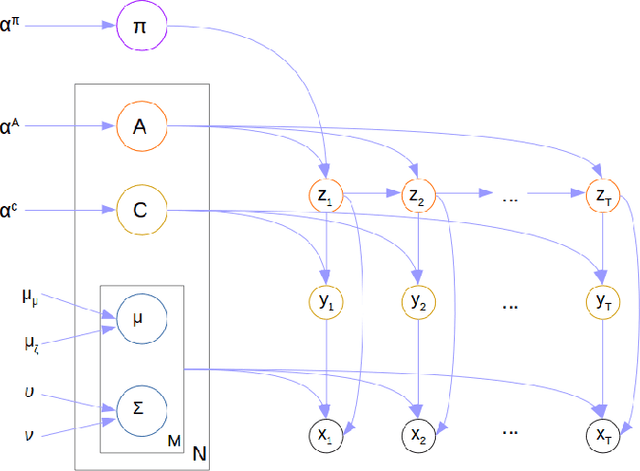
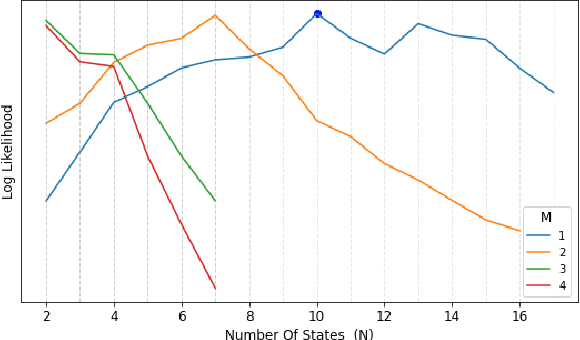
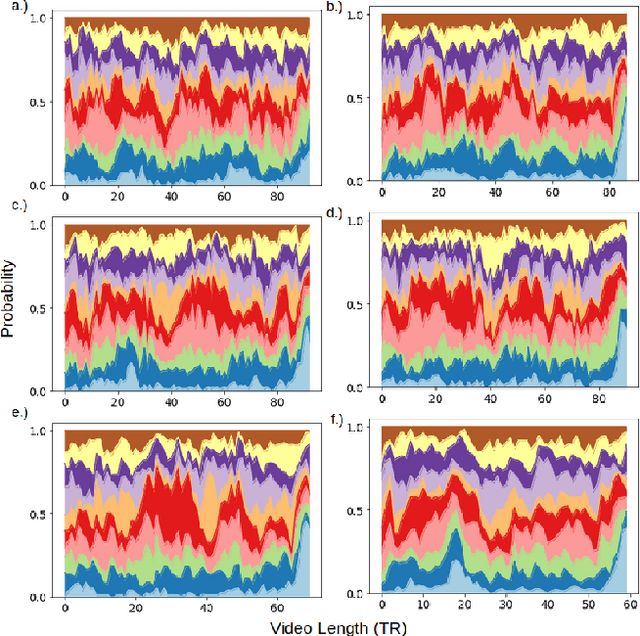
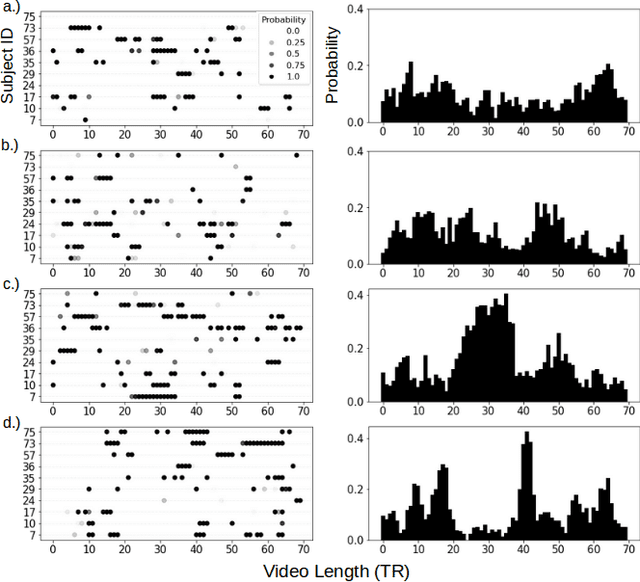
Abstract:For the last several decades, emotion research has attempted to identify a "biomarker" or consistent pattern of brain activity to characterize a single category of emotion (e.g., fear) that will remain consistent across all instances of that category, regardless of individual and context. In this study, we investigated variation rather than consistency during emotional experiences while people watched video clips chosen to evoke instances of specific emotion categories. Specifically, we developed a sequential probabilistic approach to model the temporal dynamics in a participant's brain activity during video viewing. We characterized brain states during these clips as distinct state occupancy periods between state transitions in blood oxygen level dependent (BOLD) signal patterns. We found substantial variation in the state occupancy probability distributions across individuals watching the same video, supporting the hypothesis that when it comes to the brain correlates of emotional experience, variation may indeed be the norm.
 Add to Chrome
Add to Chrome Add to Firefox
Add to Firefox Add to Edge
Add to Edge